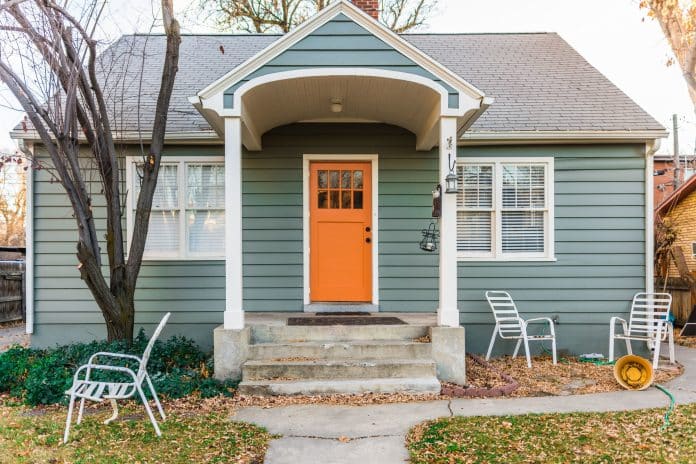
(FinancialHealth)- You’ll find all types of old houses in America, from old Colonials to stylish Tudors! It’s great living in a rich piece of history and you’re not alone if you have the same passion. Many houses that are currently occupied by American homeowners have an average age of 37 years. Take a small trip to Pennsylvania or New York and you’ll find that the average age of occupied housing units can go up to 50 years old or older.
If you’re ready to join all those who want to literally live in history, then that’s great! But before you do, there are a couple of things that we need to show you about old houses. We’re sure it’s worth your time because it will save you a whole lot of trouble.
The ABCs of Old Houses
So what is “old” or “antique”? Technically, it is any structure or housing unit built before the 1920s. Here are a couple of principles that you need to keep in mind when thinking about buying an old property:
- Extent of the Renovations: Ever hear of plastic surgery that rendered someone unrecognizable? The same thing goes with houses. A previous owner can buy an old house and completely tear it down. Then, build a new structure while keeping the original foundations. Though the old foundations still exist, the house is completely different and can’t really be recognized as old or antique anymore.
- Environmental Factors: Climate and geology are two important factors that you need to pay attention to before buying the property. When your house is at the mercy of the elements, climate can really take its toll and make the structure age faster. High humidity, for example, can really wear down homes, especially on the east coast. Additionally, you also want to consider geological factors, such as seismic activity.
- Type of House and Quality of Construction: If you’re concerned about structural integrity, you’ve got to look at two things, the skill of the contractor and the quality of the building materials. With old houses, you’ll find a couple of trends in the market. For instance, the poorly constructed structures tend to be mobile or prefabricated housing units. But the good old Colonials, Tudors, and Craftsmans are usually built pretty well and have good durability.
What Real Estate Agents Won’t Tell You
The problem with real estate agents is that they are willing to do all types of coverups to get you to sign on the dotted line. Our advice is don’t fall into that trap! Old homes may seem to be in good condition but there can be a lot of hidden damage that you might not know about. Therefore, it’s important to get a thorough inspection of the property before you finalize the purchase. Consider the following prior to buying the house:
- Damage Costs Due to Pests: Your number one concern should be termites. They’ll consume anything and everything made out of wood. Inspect any home that you are considering thoroughly for termite damage. Repairing the damage caused by termites could cost you more than $10,000.
- Presence of Hazardous Materials: When you are looking for signs of “hazardous” materials, you need to be looking for lead, asbestos, or radon. As many old houses are pre-war structures, they might potentially have high levels of asbestos or lead. For this reason, it’s important that you pay close attention to this.
- Make Sure the Plumbing’s in Good Shape: Ask about how old the plumbing system is. A bad plumbing system will make your life miserable. Having the pipes replaced is a big project. Here are a couple of points to keep in mind:
- Brass & Copper Pipes: These are good quality pipes and can last more than half a century. They still need special attention and regular maintenance.
- PEX Plastic Pipes: They can last between 40 to 50 years with proper maintenance. It’s not the best option to have, but it’s definitely not the worst.
- Polybutylene Pipes: These pipes are the most sensitive to chemicals. Whatever you do, do not pour anything chemical containing chlorine because it will eat through the pipes and you’ll have a big problem.
~Here’s to your Financial Health!
Copyright 2021, FinancialHealth.net


















